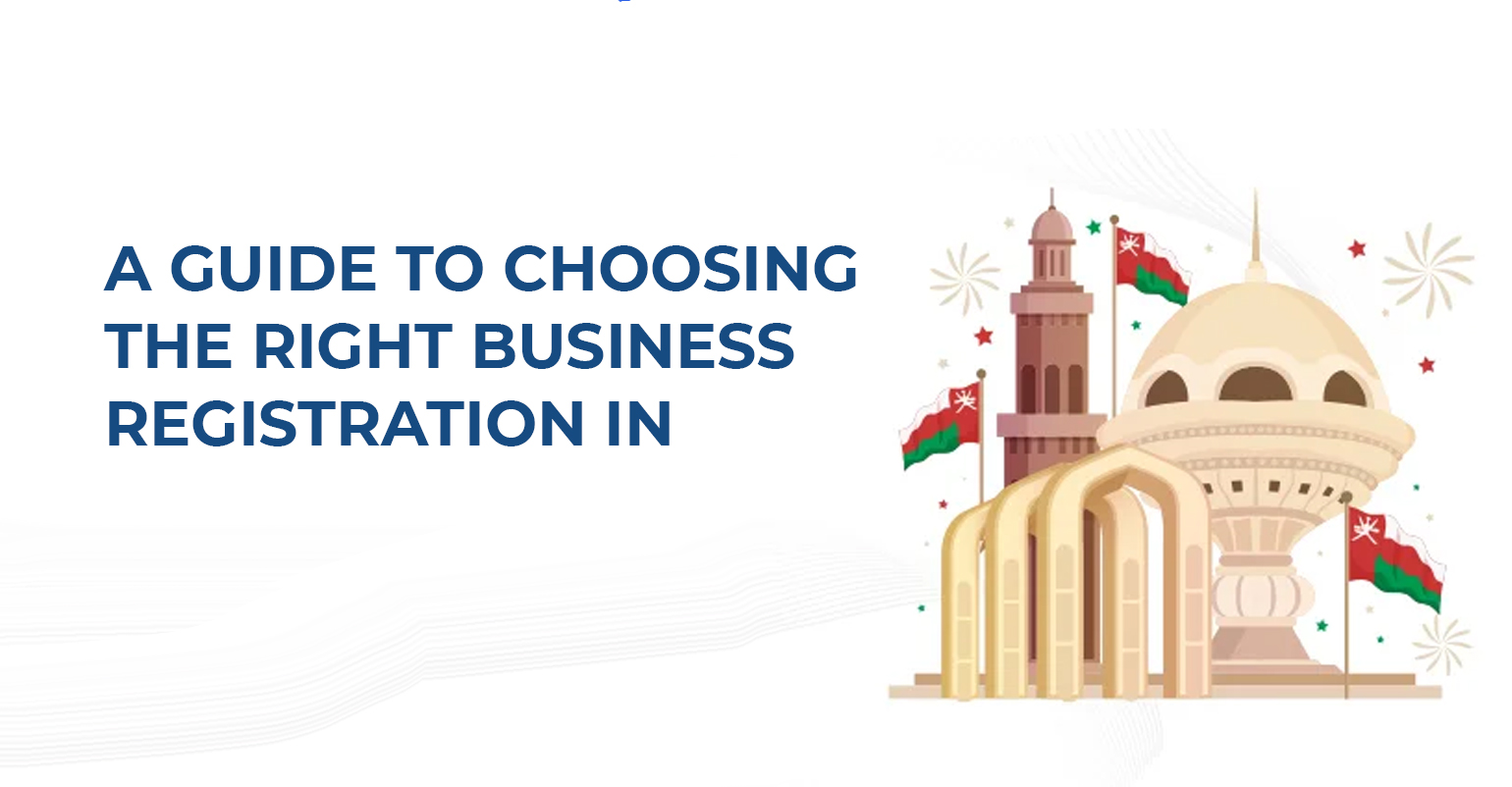Establishing a business in Oman is a prospective endeavor due to its strategic location, stable economy, and business-friendly environment. Nevertheless, the selection of the appropriate business registration is essential for the legal compliance and success of your enterprise. In this guide, we will explore the various types of business registrations available in Oman, the process of establishing a business, the opportunities for expatriates, and the most suitable options for specific business requirements.
Types of Business Entities in Oman
There are numerous alternatives available for the registration of a business in Oman, each of which is tailored to the specific requirements and operations of the business:1. Limited Liability Company (LLC)
The most popular option for small to medium-sized enterprises (SMEs), an LLC can be structured with a minimum of two and a maximum of fifty shareholders. This structure is suitable for the majority of enterprises due to its limited liability protection and flexibility.2. Joint Stock Companies
Suitable for larger enterprises, Joint Stock Companies can be categorized as either public (SAOG) or closed (SAOC). These companies are well-suited for large-scale operations and those seeking to list on the stock exchange, as they are subject to more stringent regulations and require a higher minimum capital.3. Limited Partnership
This structure consists of at least one general partner who is subject to unlimited liability and one or more limited partners whose liability is restricted to their capital contribution. It is appropriate for enterprises that investors prefer to restrict their exposure.4. Holding Company
A holding company is able to oversee and control its subsidiaries by owning a substantial portion of the shares of other companies. Businesses seeking to diversify their investments will find this framework advantageous.5. General Partnership
In a general partnership, all partners are equally responsible and liable. This registration is less prevalent than others due to the unlimited liability it entails; however, it may be appropriate for professional organizations.6. Oman Limited Partnership
This structure is similar to a limited partnership in that it involves both general and limited partners, but it is specifically designed to comply with Oman's regulatory framework.7. Sole Proprietorship
The most basic form of business structure, a sole proprietorship is owned and operated by a single individual. Nevertheless, it entails an unlimited liability, which can pose a substantial risk.8. Branches of Foreign Companies
In order to transact business, foreign companies are permitted to establish branches in Oman. This enables the foreign entity to operate under Omani law while maintaining 100% ownership.Steps to Establish a Business in Oman
Obtaining the requisite approvals, registering the company with the Ministry of Commerce, Industry, and Investment Promotion (MOCIIP), and obtaining licenses that are pertinent to the business activity are all essential components of setting up a business in Oman. The procedure is streamline to promote economic development and investment.Registration of a Business in Oman
The following general procedures must be followed in order to register your business in Oman: 1. Select the most suitable business structure.2. Secure preliminary approvals from pertinent authorities.
3. Submit the business name and entity to MOCIIP for registration.
4. Compose and notarize the Articles of Association of the company.
5. Establish a corporate bank account.
6. Deposit the necessary capital.
7. Acquire the requisite licenses and permits.
8. Make sure to register with the Oman Chamber of Commerce and Industry.
The procedure may differ slightly based on the specific industry requirements and type of business.

